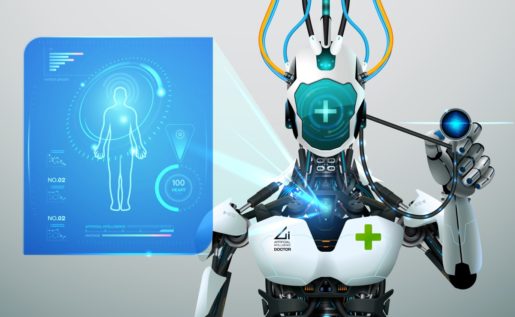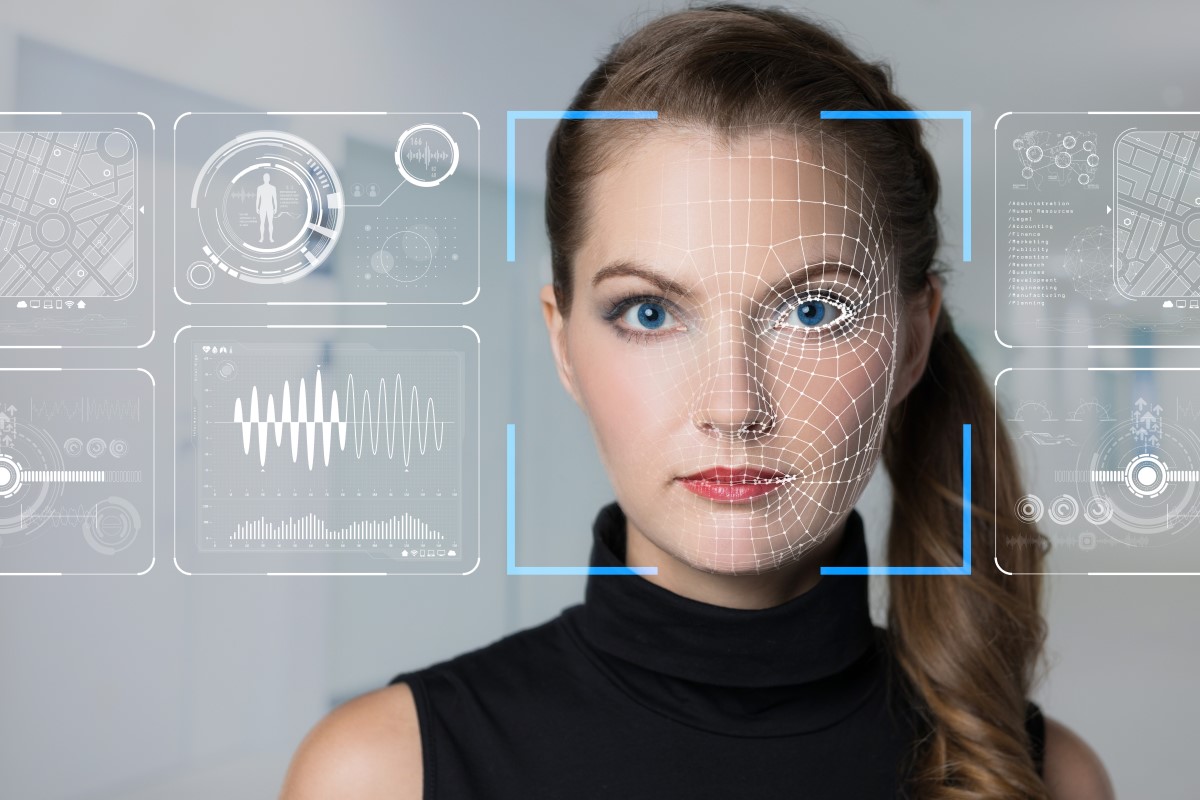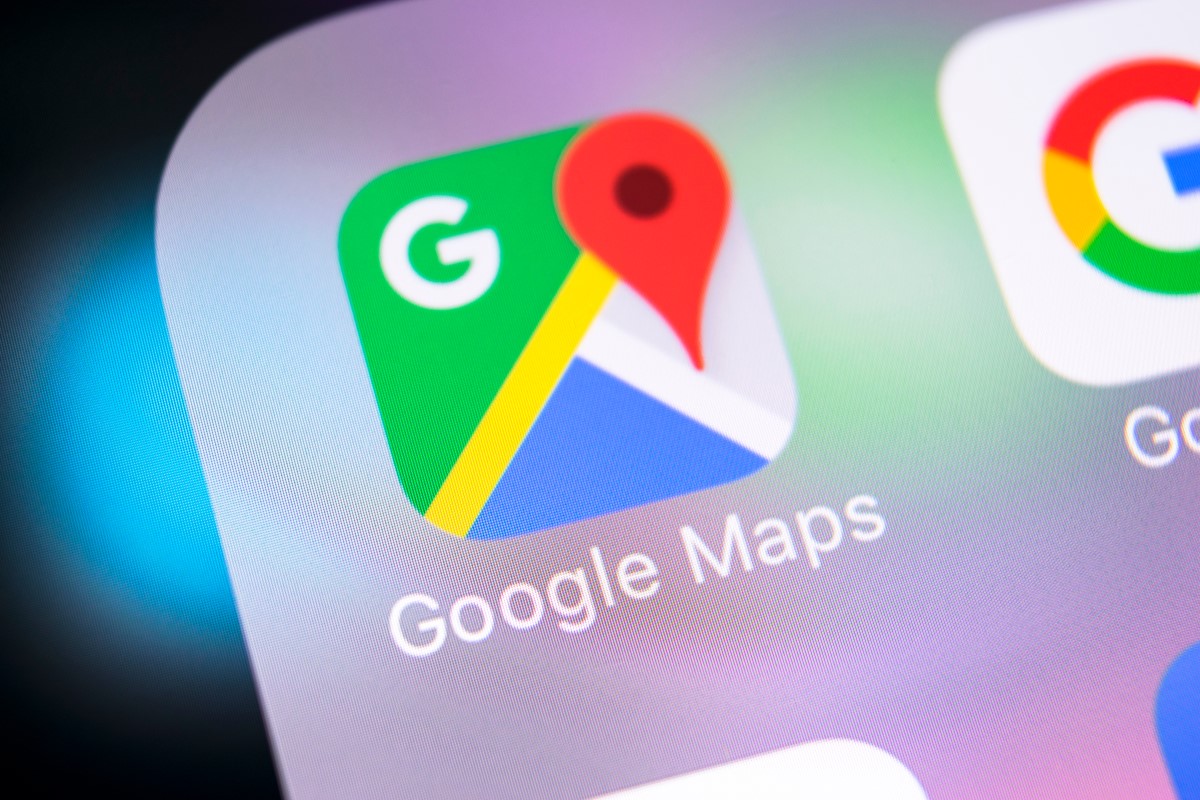If you understand how the world it means you understand cause and effect. Correlations are telling you that certain phenomena go together. Only the causal links are telling you why a system is as it is or how it can evolve. As the slogan goes, correlation is not causation.
Where a vast number of variables can be interlinked, it is a big problem, for example, medicine. You must know which conditions cause symptoms to diagnose diseases. Moreover, treating diseases depends on lifestyle changes and understanding the effects of different drugs. To untangle such knotty questions, you need to do randomized controlled trials or rigorous observational trials.
All the above-mentioned is creating a wealth of medical data. Then, it is spreading across different data sets. It is what leaves many questions unanswered. If one data set is showing a correlation between heart disease and obesity and another shows a relationship between obesity and low vitamin D, then there appears a question: what is a link between heart disease and the connection between low vitamin D? Finding out usually requires another clinical trial.
How should we make better use of this piecemeal information? At spotting patterns, computers are great. Nevertheless, that is just a correlation. Computer scientists have invented a handful of algorithms that can identify within single data sets casual relations. It’s like looking through keyholes but focusing on individual data sets. The most important thing is to take the whole view.
Causal Links
Ciaran Lee and Anish Dhir are researchers UK-based digital health-care provider called Babylon Health. They came up with a technique to find causal relations across different data sets. That might allow large databases of untapped medical data to be mined for causes and effects. Moreover, it can lead to the discovery of new causal links.

The Babylon Health offers a chatbot-based application that asks you to list patients’ symptoms before responding with a tentative diagnosis and advice for treatment. That will allow us to filter out people who do not need to see a doctor. The service saves both doctors’ and patients’ time in principle. That allows overworked health professionals to help those most in need.
The application is under scrutiny. For example, doctors have warned that sometimes misses signs of serious illness. Several other companies are also offering diagnosis-by-chatbot: for example, Your.MD and Ada. Nevertheless, Babylon Health has signaled itself out for harsh criticism partially because it is overblown by claims. In 2018 the company announced that its artificial intelligence could diagnose medical conditions better than a human doctor. A few months later, a study from The Lancet found out that not only was the untrue statement but that could perform significantly worse.
Nevertheless, Lee and Dhir’s new work on links of causality is deserving to be taken seriously. It will appear at the respected Association for Advancement of Artificial intelligence conference in New York this week. Also, it has been peer-reviewed. That technique can supercharge the service which Babylon Health offers. Moreover, the ability to identify causal relations in medical data might improve the diagnostic artificial intelligence behind its chatbot.
















